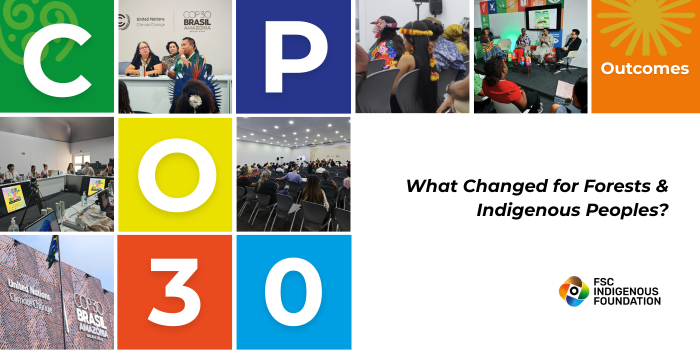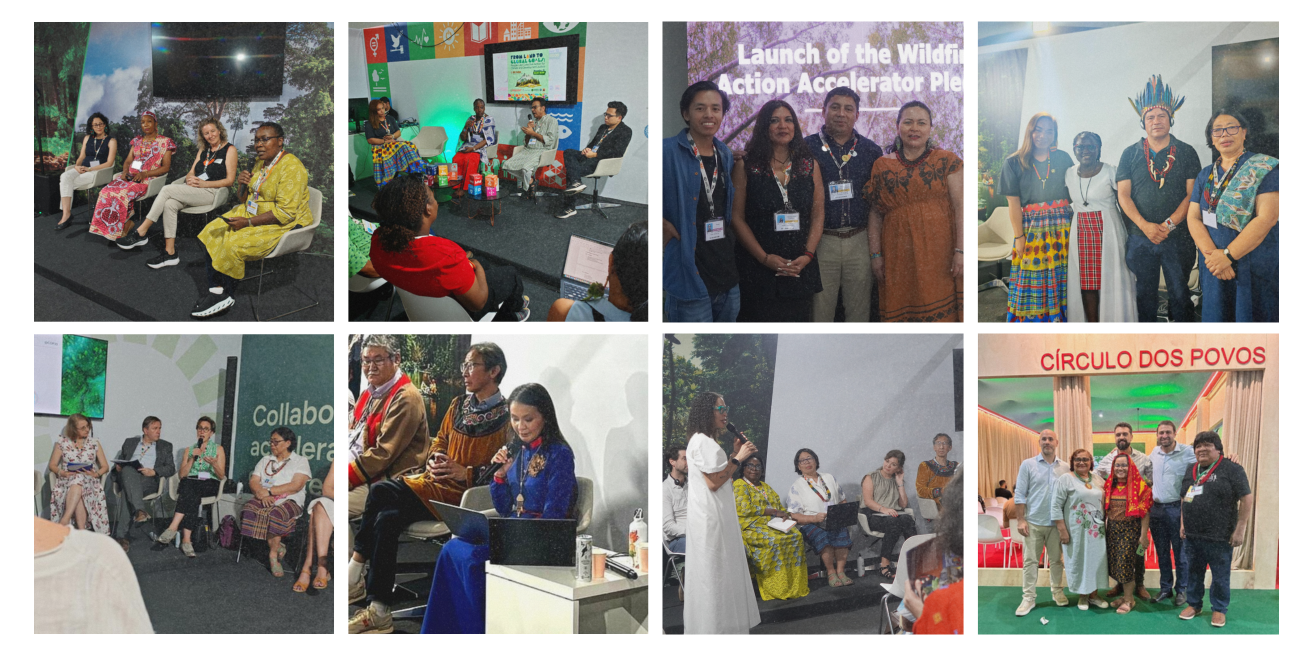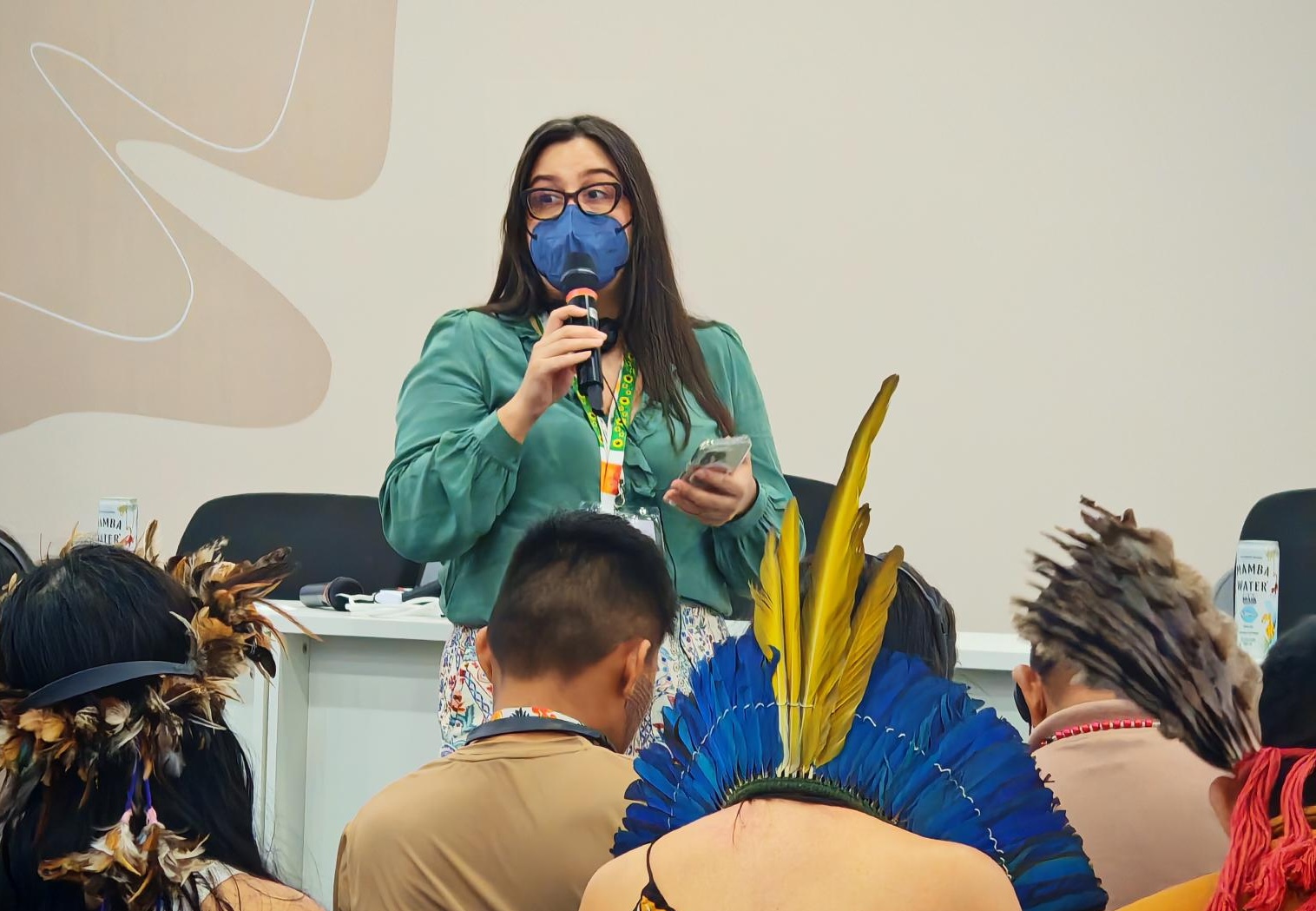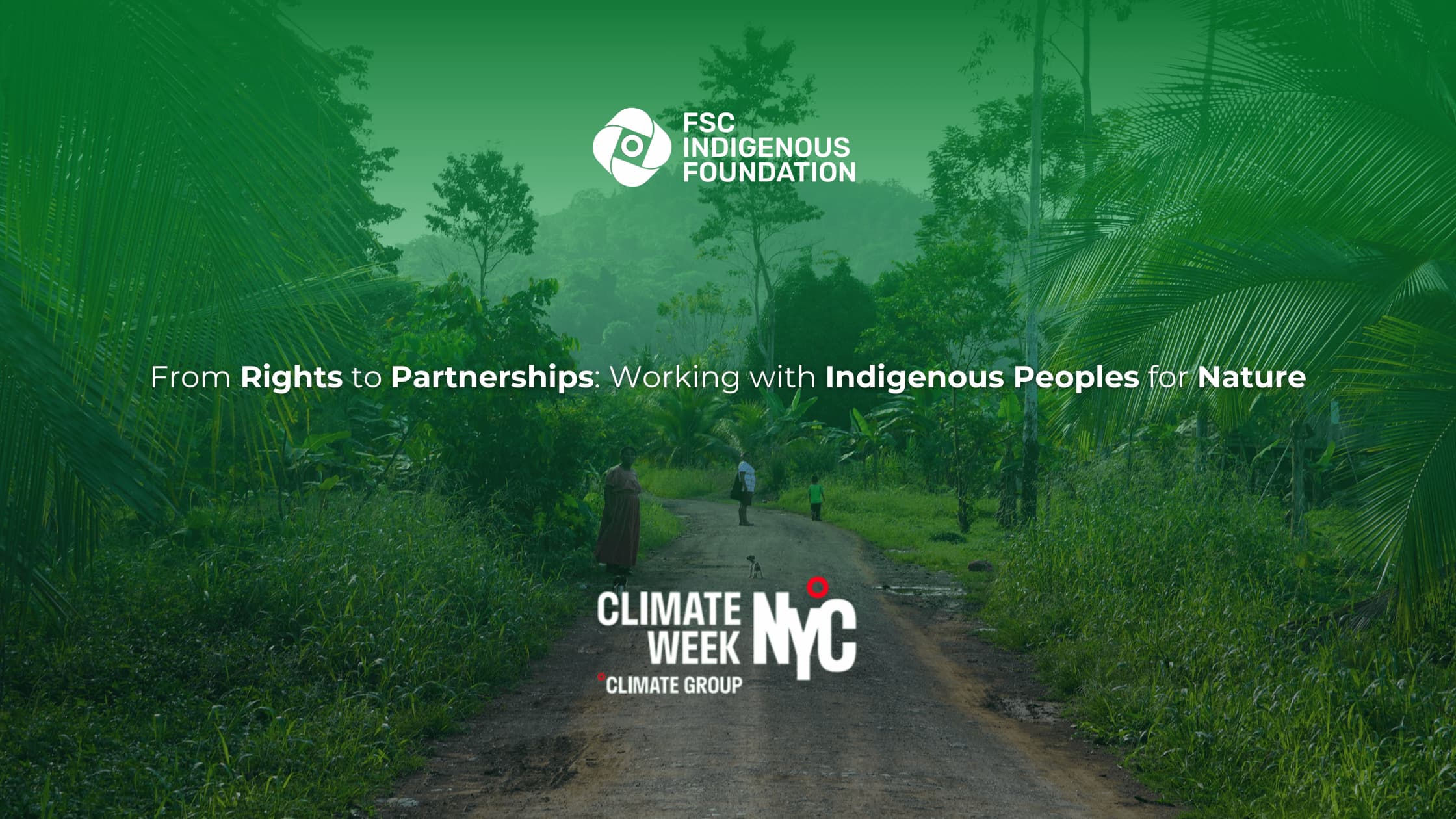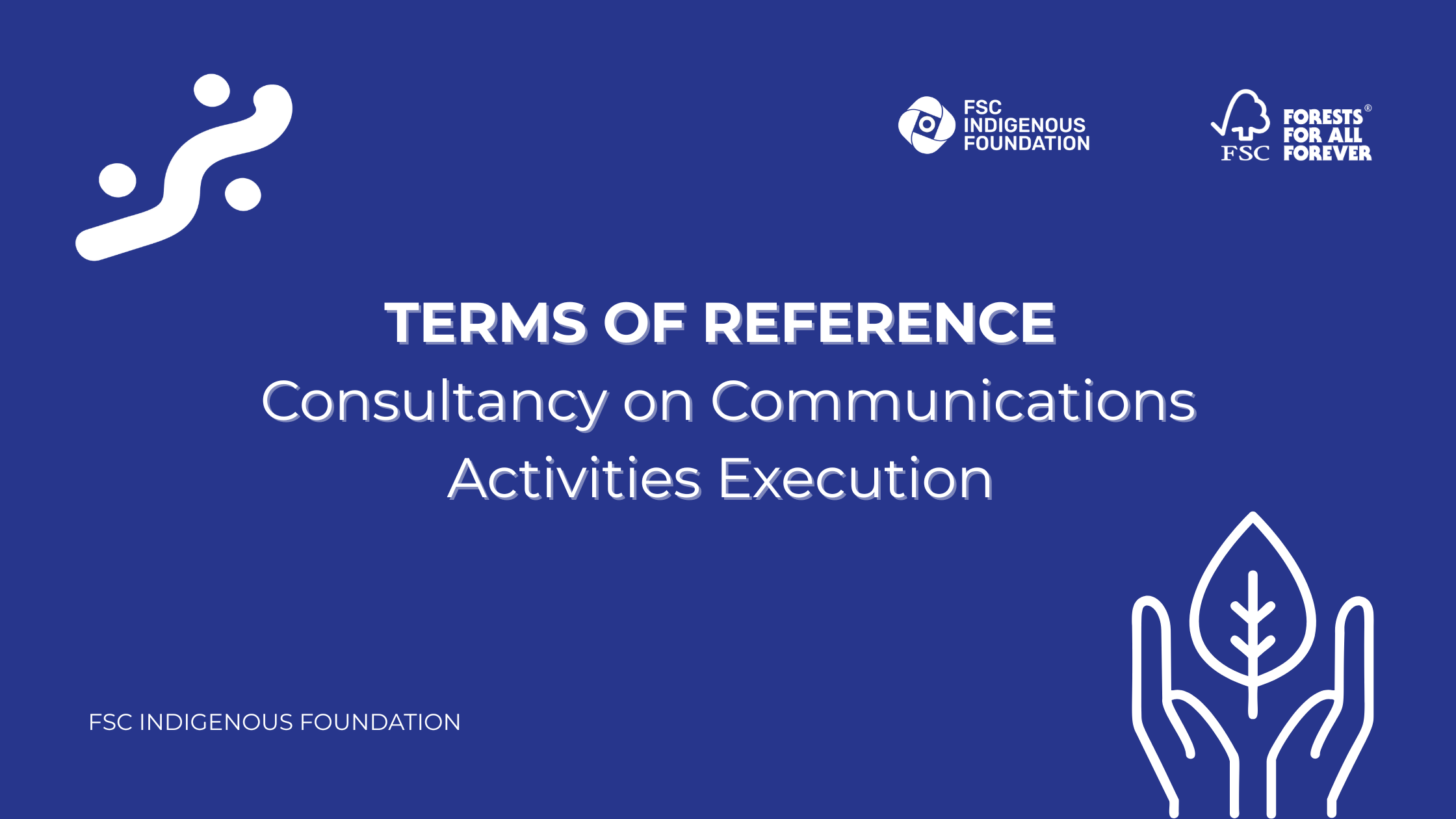End-Of-The-Year series newsletter
Find our final 2025 highlights for the year
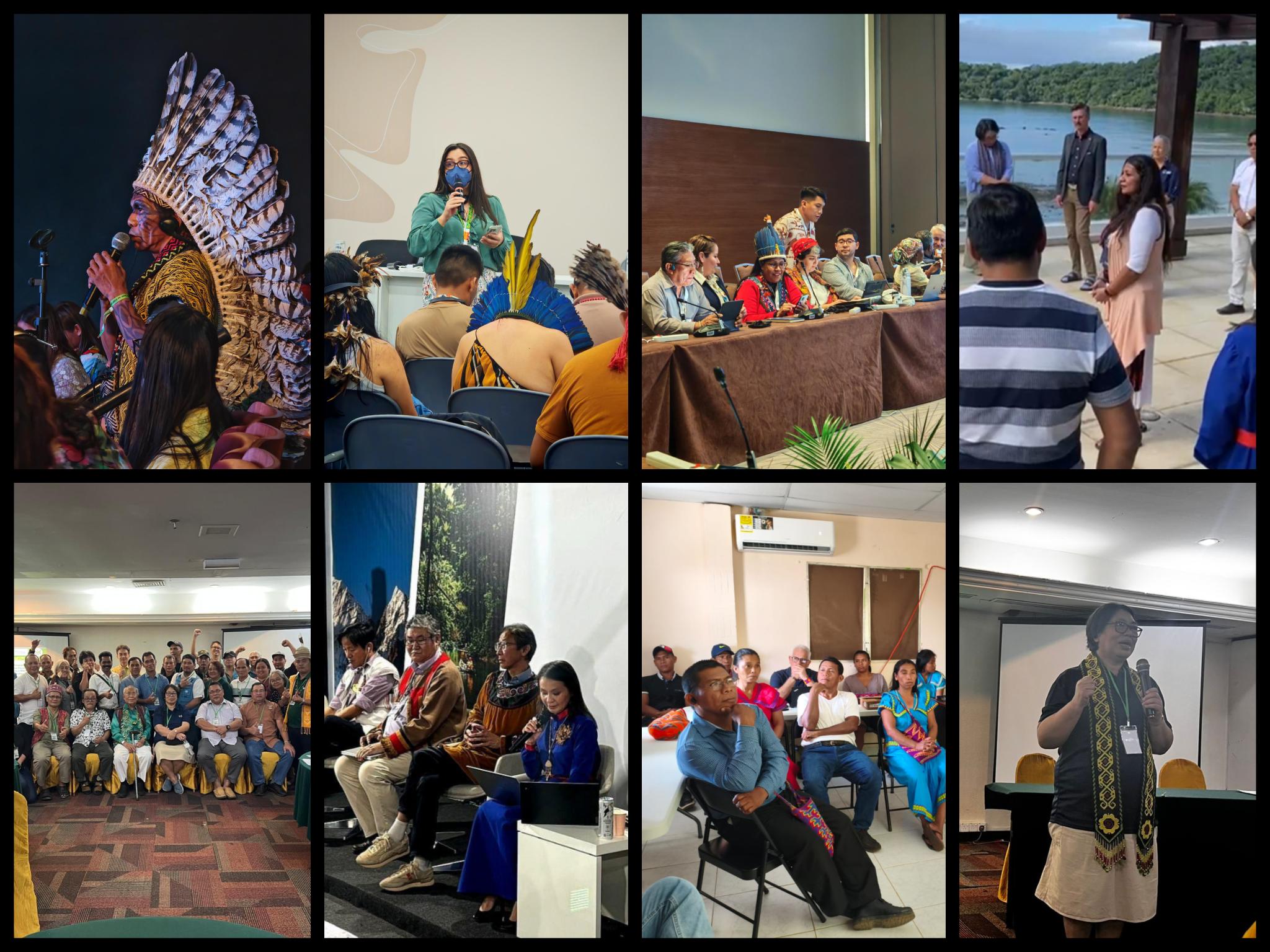
As 2025 comes to a close, we extend our sincere appreciation for the collaboration between our organization and our partners, especially during a year marked by significant institutional adjustments.
Below are our final highlights for 2025:
October’s highlights
WRI article – For New Global Forest Pledges to Succeed, They Must Center Forest Communities

COP30 commitments in Belém highlight growing recognition that Indigenous Peoples, Afro-descendants, and local communities are essential forest stewards in the climate fight. Co-authored by Minnie Degawan (Kankanaey-Igorot), Managing Director of FSC-IF, the article spotlights three major pledges on forest finance and land rights, while warning that slow, complex titling processes still limit communities’ access to funding. Read more here.
PIPC Regional meeting

The FSC Permanent Indigenous Peoples Committee (PIPC) Regional Meeting for Latin America brought together Indigenous representatives from South America, Mexico, and Central America to strengthen Indigenous participation in forest governance and advance responsible forest management. Read more here.
FSC General Assembly

The 10th FSC General Assembly in Panama highlighted the central role of Indigenous Peoples in shaping the future of responsible forestry, with Indigenous leaders opening the Assembly, contributing to plenaries, and influencing key decisions through FSC’s chamber-balanced governance system. Discussions, motions, and side events emphasized Indigenous rights, culturally appropriate certification, and the recognition of Indigenous knowledge as essential to forest conservation. Read more here.
Strengthening Indigenous Forestry Management in Malaysia

FSC-IF partnered with FSC Malaysia to deliver a workshop in Sarawak that strengthened practical pathways for Indigenous Peoples’ engagement in forest stewardship, emphasizing respect for Indigenous rights and governance, trust building through culturally appropriate dialogue, and alignment with community priorities and long term wellbeing.
Boosting Indigenous Nature-Based Business Models – Emberá People

With the support of IDB Lab, we advanced the participatory community economic plans by integrating community timelines, worldviews, FSC’s Economic Viability Tool insights, and local strengthening priorities to shape long term strategies that reinforce Indigenous forest based economies, recognize Indigenous Cultural Landscapes, and support community wellbeing.
November’s highlights
Boosting Indigenous Nature-Based Business Models – Emberá People
We advanced the project by linking community economic planning with climate adaptation and territorial governance, supporting workshops and an FSC Board visit that showcased progress, highlighted local initiatives, and informed next steps to strengthen FSC certification with Indigenous Peoples in Panama.
Indigenous leadership and responsible forest management in Mexico

Tyler Bellis of the Council of the Haida Nation visited FSC-certified community forest enterprises in Oaxaca to exchange learning on Indigenous governance and responsible forest management, with Alina Santiago highlighting how community decision making and long term planning strengthen sustainable forest stewardship and collective wellbeing. Read more.
A New Artwork Bringing FSC’s Story and Values to Life in Australia

FSC ANZ is proud to introduce a new artwork created by Tolita Davis-Angeles, Chair of FSC’s Indigenous Working Group and FSC PIPC Oceania alternate representative.
Ngäbe Community program: Workshop on strengthening indigenous governance

The facilitation workshop on strengthening Ngäbe governance focused on building capacities for collective decision making, traditional authority, and culturally grounded leadership, while promoting conflict resolution and the equitable participation of women and youth to reinforce territorial autonomy and collective rights.
UNFCCC COP30 in Belem, Brazil

We worked with FSC throughout COP30 to elevate Indigenous priorities and in our COP30 Report explain key outcomes on forest finance, tenure, adaptation, loss and damage, and carbon markets, stressing that real impact depends on FPIC, tenure security, transparency, and Indigenous governance with strong safeguards at the center.
December’s highlights
Boosting Indigenous Nature-Based Business Models – Emberá People
We reached a key milestone in the project by validating and finalizing community economic plans through assemblies and dialogue spaces, incorporating final feedback and strengthening long-term planning and Indigenous governance. In parallel, we participated in the 2025 GET Forum organized by IDB Lab, identifying opportunities to connect with innovation and finance ecosystem actors that could help scale and sustain FSC-IF initiatives in the future.
Ngäbe Community program: Environmental workshop

Community members received training on Panama’s key environmental laws, covering forest legislation, wildlife protection, water resources, and environmental impact assessment requirements. The sessions also introduced the Escazú Agreement and its relevance for access to environmental information, participation, and justice.
Advice Note published protecting the rights of Indigenous Peoples
FSC has published the Advice Note for Indigenous Peoples in Voluntary Isolation and in Initial Contact (IPVIIC) in Peru. Find the news here.
UNCCD CRIC23 in Panama

UNCCD CRIC 23 advanced recommendations on 2030 land and drought goals while building momentum toward COP17 in 2026 in Mongolia, where Parties aim to accelerate restoration and sustainable land management with stronger engagement of Indigenous Peoples, local communities, women, and youth.
WWF & AJET Report: Webinar launch
Through the report launch webinar, Indigenous leaders and partners emphasized that a truly just energy transition must recognize Indigenous Peoples as rights-holders and partners, ensure Indigenous governance and land stewardship, and avoid repeating extractive models under the banner of “green” development. Read more here.
Aissatou Oumarou is FSC PIPC representative for Francophone Africa

We congratulate Aissatou Oumarou Ibrahim of the Mbororo Fulani People on her appointment as the FSC Permanent Indigenous Peoples Committee (PIPC) Representative for Francophone Africa. Learn more about FSC PIPC and her role here.
Support the call!

We stand with Daria and all Indigenous defenders whose voices, safety, and freedom are under threat. Support the call today!
End of the year message and hopes for the future
As we close the year, we recognize a growing shift toward Indigenous leadership as a vital force in protecting forests and advancing sustainable, long-term stewardship. Looking ahead to 2026, we invite partners to invest in Indigenous-led initiatives and become financial partners, please contact us at fsc.if@fsc.org to start the conversation.
Want to support? Please share this newsletter among your network.

